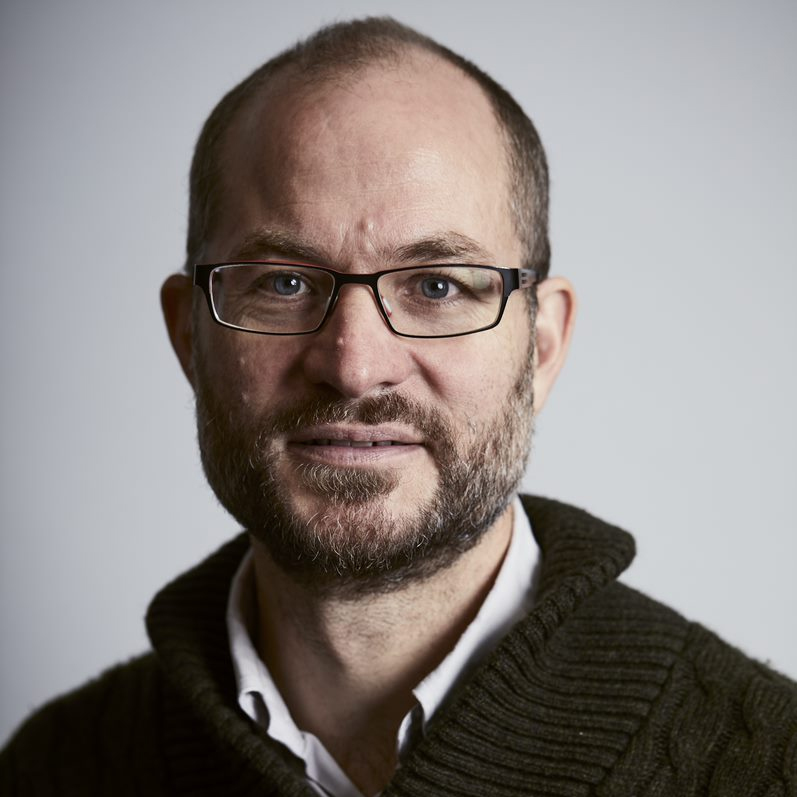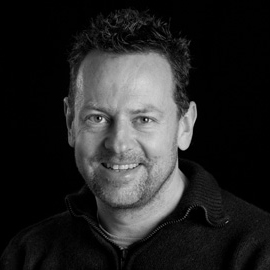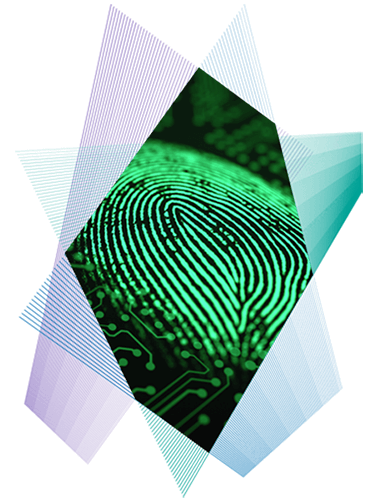Quantum Sensing
Smart, precise and portable atomic sensors for magnetic resonance diagnostics.
Coordinator
John Calsamiglia
ProjectsQuantum SensingEstimation Q Sensing
Estimation for continuous time quantum sensing applications
Advances in sensor technology to detect and quantify signals with greater precision have often led to new findings regarding nature. Advances in recent decades have increased sensitivity and reduced noise of sources to such levels that noise caused by quantum fluctuations can be seen. In this project, theoretical and experimental methods are combined to develop new sensors and detection modalities that operate in this quantum limit. In particular, two types of atomic sensors will be used: hot vapors for magnetometry and rotation detection, and ultra-cold atoms for time measurements, frequency metrology, and clocks. The project is focused on developing atomic sensors that operate in continuous time detection mode.
Coordinator
John Calsamiglia has been a professor at the UAB since 2010 and head of the Theoretical Physics unit at the UAB (IiFQ-UAB) since 2015. He obtained his PhD at the Helsinki Institute of Physics. He has held postdoctoral positions at the Harvard-Smithsonian CFA & UCONN, LMU München and at the University of Innsbruck, where he was an adjunct professor until 2005 when he returned to the UAB with a Ramón y Cajal scholarship. His current research interests are in quantum statistical inference, quantum sequential analysis, and nonclassicality.
Participants
Morgan Mitchell is ICREA Professor and Head of the Atomic Quantum Optics group at ICFO since 2004. He obtained his PhD at the University of California at Berkeley in 1999. He has worked as a postdoctoral fellow at the Laboratoire Kastler Brossel (1999-2000) and at the University of Toronto (2002-2004) and between those periods he taught for two years at Reed College. His research focuses on working with individual neutral atoms such as individual quantum systems, Bose-Einstein spinor condensates, and high-density atomic vapours as extreme sensors, and he has invented various resonant entwined and compressed light sources of atoms. He was awarded an ERC Starting Grant in 2011, an ERC Proof-of-Concept Grant in 2016, and has been recognized with the Vanguard of Science Award in 2012.
Gianvito Lucivero is a postdoctoral researcher at ICFO in the Atomic Quantum Optics group, since 2019. He obtained his PhD at ICFO in 2016 and subsequently did a postdoctoral stay until 2019 at Princeton University. His research focuses on Metrology and Quantum Detection, Optical Magnetometry, Spin Noise Spectroscopy, Quantum Optics and Atomic, Molecular and Optical Physics.
Andreas Winter is an ICREA professor and has been part of the Quantum Information group at the Autonomous University of Barcelona since 2012. He obtained his PhD from Bielefeld University in 1999. In 2001 he joined the Quantum Information group in Bristol as a postdoctoral fellow, became Professor of Applied Mathematics in 2003 and Professor of Information Physics in 2006. His research is focused on quantum information, especially Shannon’s quantum theory, whose objective is to incorporate theoretical ideas of information into physics. He also investigates the interaction between classical and quantum information, as well as additivity and non-additivity of quantum channel capacities, quantum data compression, and zero-error quantum communication.




